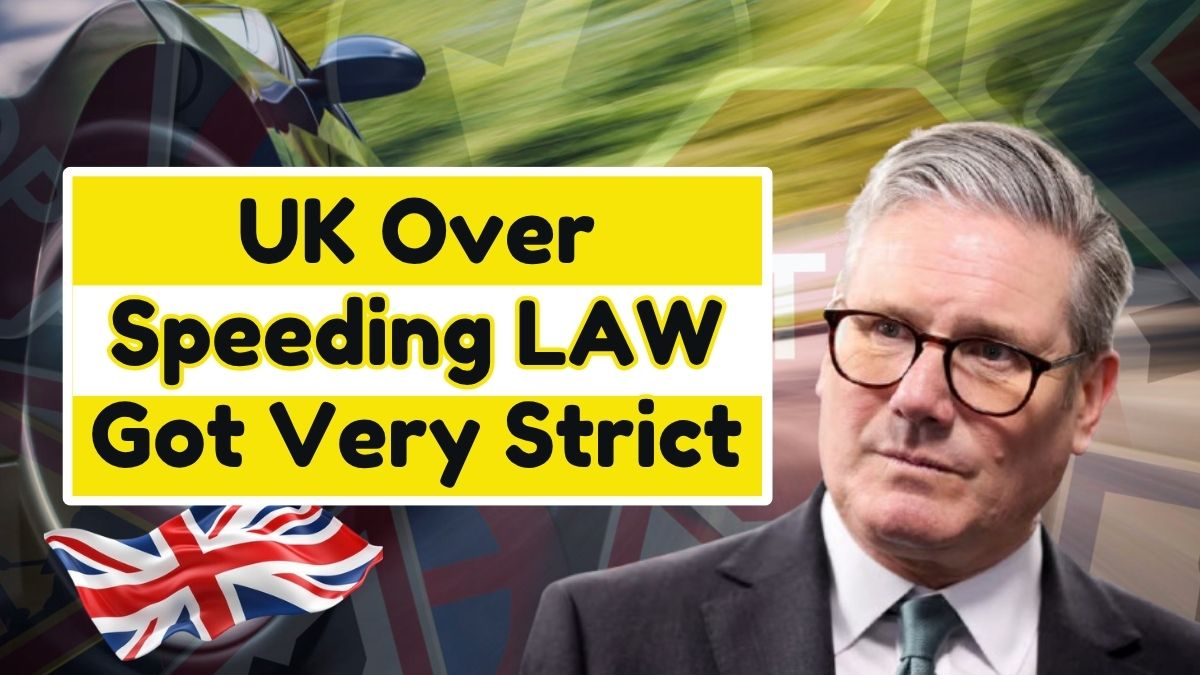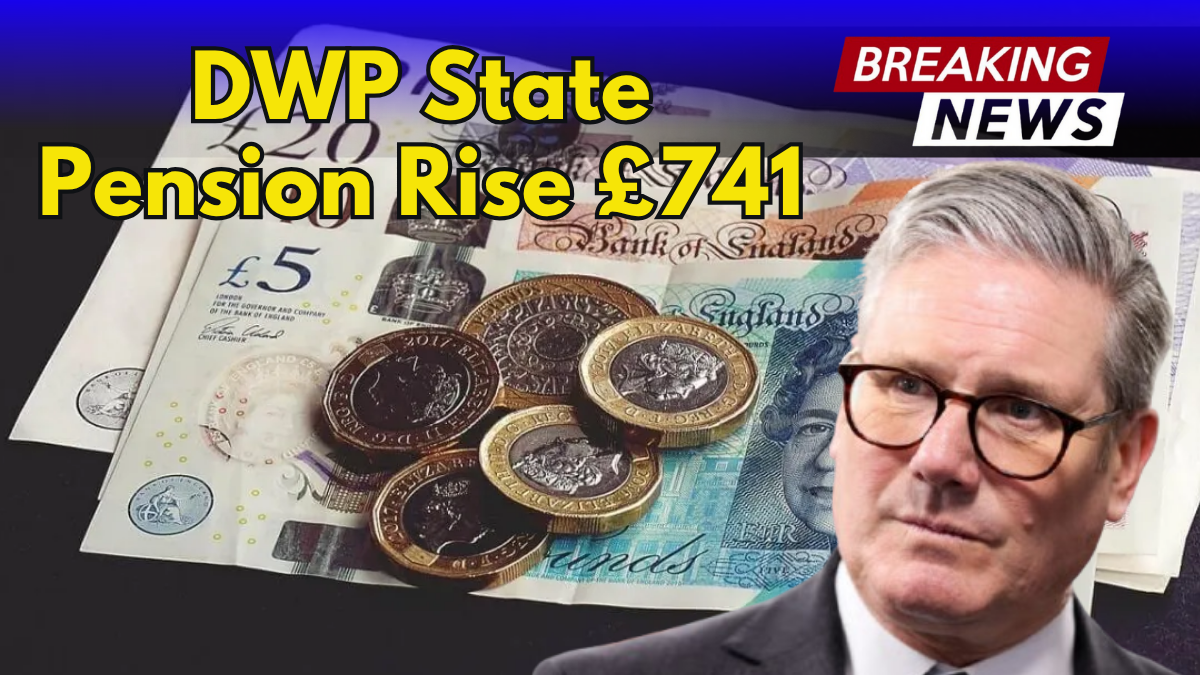Speeding rules in the United Kingdom have been strengthened in 2025. The Department for Transport and the Sentencing Council have aligned higher fines, tighter points, and modern enforcement technology to cut collisions and make penalties fairer across income levels. Three fine bands now link the level of excess speed to a percentage of weekly income. Courts have clearer guidance to apply higher fines for serious or repeat offending. New drivers face firmer consequences. Insurers have faster access to offence data. This guide explains every change in plain language and gives you a simple two minute check to avoid costly mistakes.
Why the Law Changed in 2025
- Speeding remains one of the most frequent road offences in Britain and is a major factor in serious crashes.
- Policy goals include stronger deterrence, fairer income based fines, and better protection for vulnerable road users such as cyclists and school children.
- Technology now enables consistent enforcement using average speed and AI analysis, reducing reliance on random spot checks.
- The reforms support the long term mission to reduce deaths and serious injuries on UK roads.
Quick Summary
Item |
Details |
|---|---|
Reform Year |
2025 |
Fine Bands |
Band A, Band B, Band C based on speed over the limit |
Minimum Fixed Penalty |
£150 for minor offences |
Maximum Fine |
Up to £1,500 off motorway, up to £2,500 on motorways, or up to 200 percent of weekly income in court |
Penalty Points |
3 to 8 points depending on severity, disqualification possible |
New Driver Rule |
6 points within 2 years leads to licence revocation |
Alternatives |
Speed awareness course for eligible Band A cases only |
Enforcement |
AI enabled cameras, wider average speed systems, intelligent speed assistance in new cars |
Official Site |
The New Three Band Structure
Speeding penalties are grouped into Band A, Band B, and Band C. The further you exceed the posted limit, the higher the band, the bigger the fine, and the greater the likelihood of higher points or a disqualification.
Band |
Excess Speed Above Limit |
Fine Level |
Points or Disqualification |
Example |
|---|---|---|---|---|
Band A |
Up to 10 mph over |
50 percent of weekly income |
3 points |
35 in a 30 zone |
Band B |
11 to 20 mph over |
100 percent of weekly income |
4 to 6 points or 7 to 28 days disqualification |
50 in a 30 zone |
Band C |
21 mph or more over |
150 percent of weekly income, up to £2,500 on motorways |
6 points or 7 to 56 days disqualification |
100 in a 70 zone |
Magistrates are encouraged to use the upper end of the scale more often for serious cases or repeats.
Minimums, Maximums, and Court Caps
- Minimum fixed penalty increased to £150.
- Maximum non motorway fine increased to £1,500.
- Maximum motorway fine remains £2,500.
- Court imposed fines can reach up to 200 percent of weekly income subject to statutory caps and means assessment.
- Courts can impose short disqualifications or require re testing in severe or repeated cases, especially near schools, in road works, or in poor weather.
Penalty Points and New Driver Rules
- Band A usually attracts 3 points.
- Band B results in 4 to 6 points or a short ban.
- Band C results in 6 to 8 points or a longer short ban.
- New drivers who reach 6 points within the first two years of passing their test have their licence revoked and must retake both theory and practical tests. This targets early high risk behaviour.
Speed Awareness Courses in 2025
Speed awareness courses still exist but the gateway is narrower.
Criterion |
Current Position |
|---|---|
Prior Attendance |
No course in the last 3 years |
Eligible Offences |
Minor infractions that fall within Band A |
Fee |
Typically £85 to £100 paid by the offender |
Format |
Half day, in person or virtual depending on provider |
Courts or police may refer borderline Band B drivers to educational schemes in probationary pilots, but this does not replace the main penalty framework.
Technology Led Enforcement
- AI enabled cameras identify vehicles, match registrations, and analyse repeat offending patterns.
- Average speed systems are expanding on A roads, rural corridors, and suburban routes to capture sustained speeding, not just momentary spikes.
- Intelligent speed assistance is mandated in new cars sold from 2024 onwards, providing automatic limit information and active prompts that help drivers keep to posted limits.
- Smart motorway enforcement integrates variable limits with automated penalties when posted limits are breached during congestion or incidents.
These changes shift enforcement from sporadic traps to continuous, auditable monitoring that is harder to game.
Income Based Fines for Greater Fairness
Flat fines can be harsher on low income drivers and trivial for very high earners. The revised approach ties the fine to weekly take home pay within the band guidance.
- Band A about 50 percent of weekly income
- Band B about 100 percent of weekly income
- Band C about 150 percent of weekly income and up to 200 percent in court for aggravated scenarios, subject to legal caps
This design aims to keep deterrence meaningful for all income groups.
Insurance Consequences From 2025
Insurers have streamlined access to DVLA offence data. Expect pricing adjustments to follow quickly after a conviction.
- Minor offence with 3 points may raise premiums by 10 to 15 percent.
- Moderate cases with 6 points may rise 30 to 40 percent.
- Disqualifications or very high speeds can trigger refusal of cover or special high risk terms for years.
- Non disclosure of points can void cover or lead to claim disputes. Always declare changes promptly.
Aggravating Factors That Raise Penalties
- Near schools or pedestrian heavy zones
- Adverse weather such as heavy rain or fog
- Using a handheld mobile device at the same time
- Previous similar convictions or repeat behaviour
- Construction zones and areas with temporary limits
These factors support higher fines, more points, or a disqualification, and can steer a case to court rather than fixed penalty.
The Two Minute Check That Can Save You Hundreds
Spend two minutes before every journey and when limits change mid route.
- Scan the last signs you passed and confirm the current posted limit for the road class.
- Set cruise or speed limiter where safe so your car holds the limit.
- Watch for average speed camera markers and maintain a steady compliant speed between them.
- Use the car’s ISA prompt and keep an eye on the dashboard for temporary or variable limits.
- Weather rule slow down in rain, fog, or poor visibility because enforcement and penalties harden with conditions.
This simple routine cuts the risk of creeping a few mph over the limit and protects your licence and wallet.
What To Do If You Receive a Notice
- Check the recorded speed, location, and limit carefully.
- Confirm whether you are eligible for a course if the notice offers it.
- Respond within the stated timeframe to avoid escalation.
- Inform your insurer when the conviction is final, not during the dispute stage.
- If you believe the reading or limit was incorrect, seek advice promptly and follow the appeal instructions in the notice.
Frequently Asked Questions
1. What is the new minimum speeding fine in 2025
The minimum fixed penalty is £150 for minor offences that fall within Band A, subject to police and court discretion.
2. Can a court fine really reach 200 percent of my weekly income
Yes, in serious cases the court can set fines up to 200 percent of weekly income within legal caps, with higher bands and aggravating factors pushing toward the upper end.
3. I am a new driver. How many points will lead to my licence being revoked
Reaching 6 points within the first 2 years after passing your test leads to revocation. You must then retake both theory and practical tests.
4. Are speed awareness courses still available
Yes, but only for minor Band A offences and only if you have not taken a course in the previous 3 years. A fee applies and attendance is usually half a day.
5. How quickly will a speeding conviction affect my insurance premium
Insurers access DVLA data and usually reprice at renewal. Some providers adjust mid term for severe cases. Expect higher premiums for at least a few years depending on the offence.
Conclusion
The 2025 framework moves the UK toward smarter, fairer, and firmer speeding enforcement. Fines now scale to income, points accumulate faster for meaningful excess speeds, and AI backed systems detect sustained non compliance. For everyday drivers the best response is straightforward. Know the limit, use the assistance tech in your car, maintain steady speeds through average speed zones, and apply the two minute pre drive check. Doing so prevents penalties, reduces insurance costs, and helps keep roads safer for everyone.
Official Site
For rules, penalties, and guidance see: https://www.gov.uk/speeding-penalties
For More Information Click HERE











